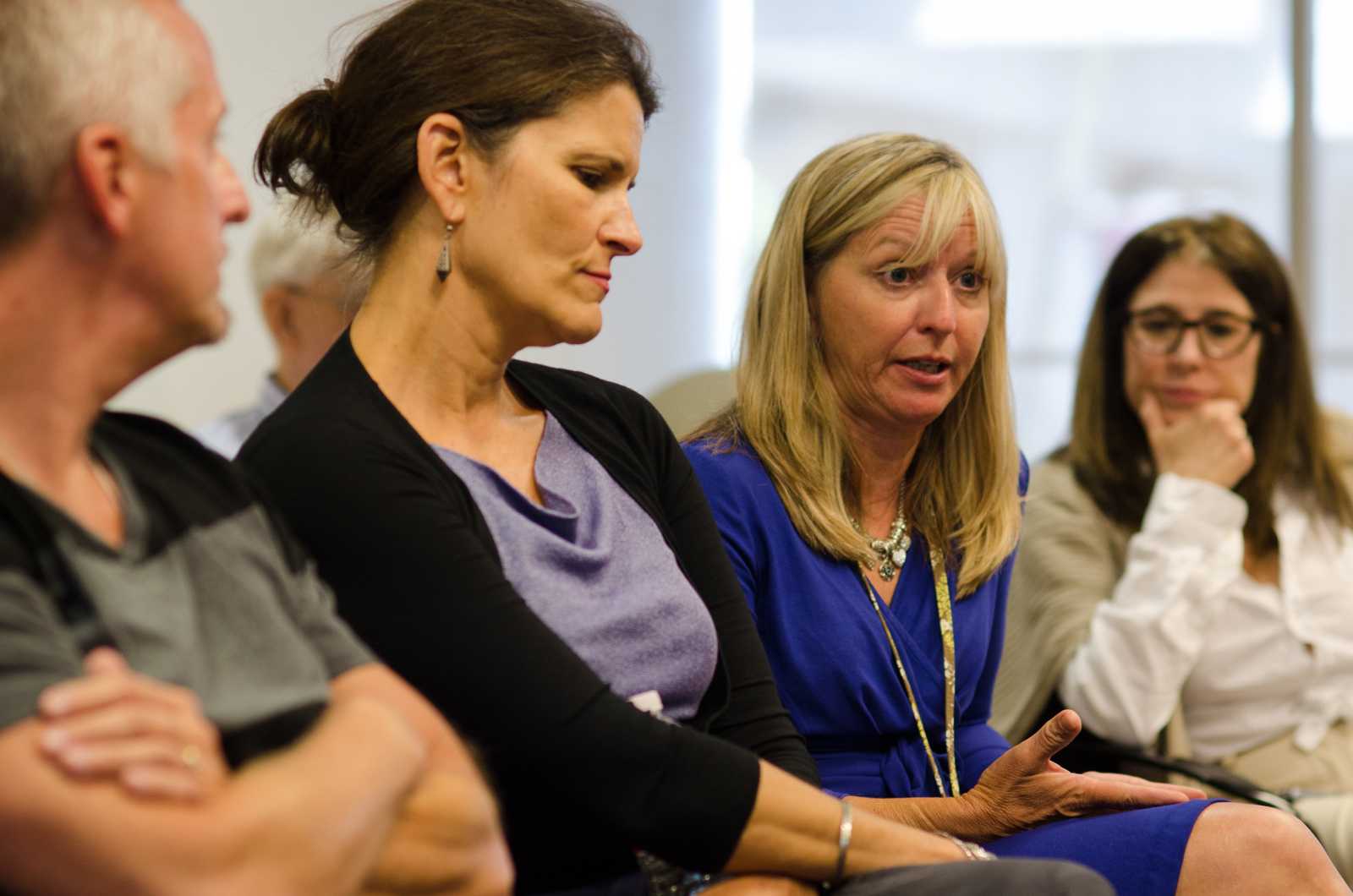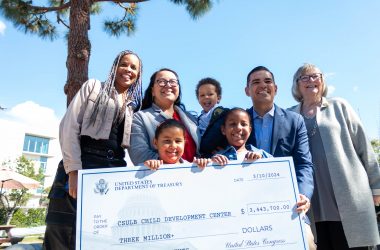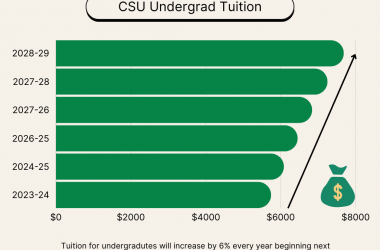Tomorrow’s Academic Senate meeting may see Cal State Long Beach decide to formally request transparency in the search for its next university president.
As the beginning of the search rapidly approaches, the issue of whether finalist presidential candidates will be required to attend a public forum with the campus community has become a growing concern and debate among faculty throughout CSULB.
A decision on this potential requirement must be reached at tomorrow’s meeting so that, if passed, the request can be sent to the Trustees Committee for the Selection of the President (TCSP) before it holds an on-campus public forum later this month. At the forum, the search committee will hear the campus community’s input on what kind of qualities the next university president should possess.
In 2011, the CSU Board of Trustees Policy on the Selection of Presidents was changed to make public forums for presidential finalists optional, according to the CSU website.
Although the TCSP has always made the final decision on which candidates will go before the full Board, many CSULB faculty have become concerned that they might not know who the candidates are until the final choice for the presidential position is already made.
Member-at-Large of the Academic Senate Executive Committee and author of the proposal for the request for transparency Norbert Schurer said that he completely disagrees with the changes.
“I think that’s a disservice to the campus, and I think that’s a disservice to the candidates,” Schurer said. “We want a president who understands our campus, and the first step in that is for us to reach out to the candidates and for the candidates to reach out to us. The kind of official campus visit that has historically been the case is the perfect forum to do that, and it’s a shame that that’s not happening the way it used to.”
On the other hand, Interim CSULB President Donald Para said that he thinks the presidential search process should remain closed because pre-hiring publicity could deter potential qualified applicants, who are already employed in high-ranking administrative positions, from applying.
According to Para, the character and professional experience of the candidates and the full Board’s final decision is what’s most important for CSULB.
“I also think the person coming in has to embrace the concept of being a high quality, low-cost institution. They have to really want that to continue,” Para said. “They have to be a person who is not only student friendly but who understands that, on our campus, there is a shared governance process that includes students, as well as faculty and staff and unions etc.”
Over the course of his more than 47 years at CSULB, Academic Senator for the College of Liberal Arts David Hood has seen presidents come and go, but he can’t remember seeing a CSULB administrator that was appointed without meeting faculty first. Hood said he thinks such meetings are necessary.
“We did that in the past and, frankly, I think President [F. King] Alexander was a good choice,” Hood said. “To say that they can’t meet today because good people are not going to apply bothers me a little bit. I think that it’s disingenuous.”
CSU Spokesman Erik Fallis said the reasons for the change had to do with confidentiality concerns in the search process and keeping campus stakeholders involved throughout the search in the form of the Advisory Committee to the Trustees Committee on the Selection of the President (ACTCSP).
The ACTCSP will be composed of one student, staff member, alumnus, vice president and dean representative and two faculty representatives from CSULB. Each group will select its own representative.
One president from another CSU will also be chosen by CSU Chancellor Timothy P. White to join the ACTCSP, according to the CSU website.
The ACTCSP’s role is to provide “advice and consultation regarding the position and campus descriptions and any advertisement of the position,” but “the TCSP is the ultimate body to make the final decisions,” according to the CSU website.
According to Fallis, if the proposal is passed, the request should be sent to the TCSP because the decision to involve stakeholder groups, such as the campus community, in ways other than the ACTCSP is made at the TCSP’s discretion.
“The chief concern of the CSU is that your president in the end is the best president we could have possibly found for that position and anything that might limit our ability to find that best person in the end is something we want to try to avoid if we can,” Fallis said. “So, we’re hoping to allow for some flexibility so that those two committees working together can make a determination about what is needed in this particular case.”
The on-campus public forum with the TCSP will be held on Sept. 30, although the time and place have yet to be announced.




